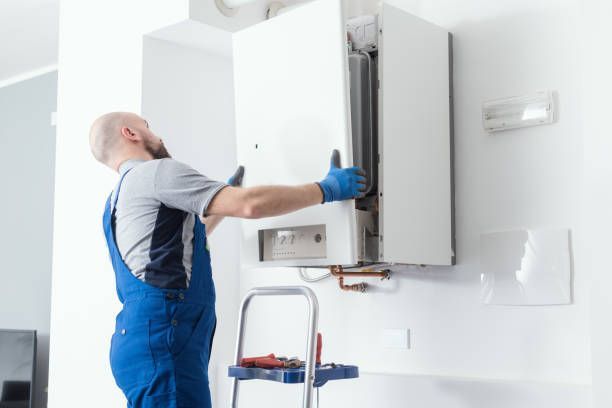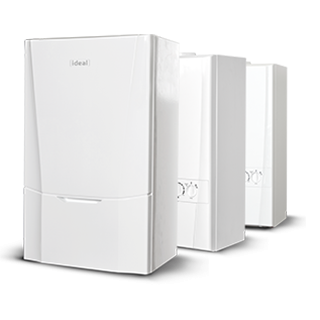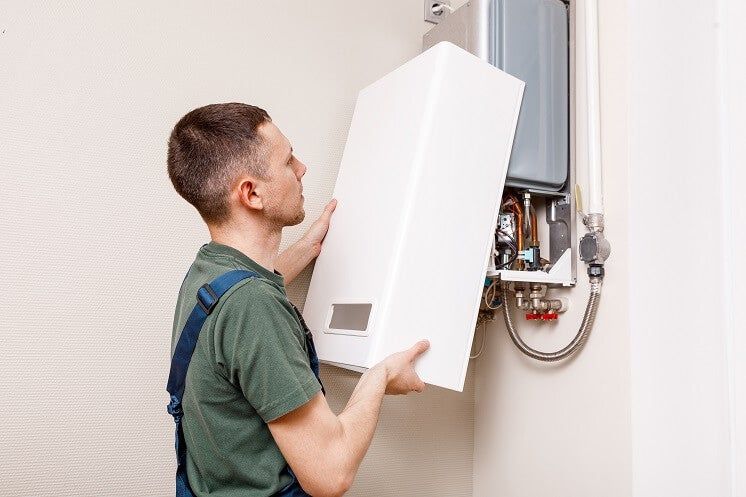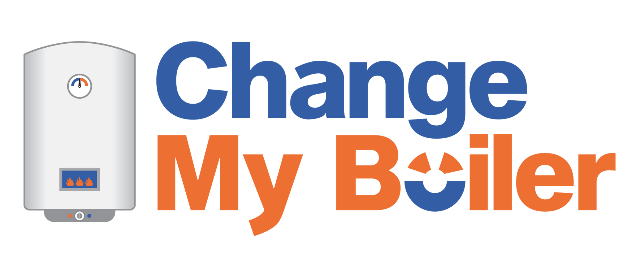Get the best out of your heating system.
Using central heating effectively in your home can help you maintain a comfortable temperature while maximizing energy efficiency and minimizing heating costs.
Here are some tips on using central heating efficiently:
Set an Optimal Temperature: Find a comfortable but energy-efficient temperature setting for your home. In colder months, aim for around 20-22°C when you're at home and awake, and lower the temperature when you're sleeping or away. In milder weather, consider lowering it further.
Programmable Thermostat: Install a programmable thermostat if you don't already have one. These devices allow you to set different temperatures for different times of the day or week, automatically adjusting the heat when needed.
Regular Maintenance: Schedule regular maintenance for your heating system. This includes cleaning or replacing filters, checking for leaks, and ensuring all components are functioning correctly. A well-maintained system runs more efficiently.
Seal Drafts: Inspect your home for drafts around windows, doors, and any other openings. Seal gaps with weatherstripping or caulking to prevent heat loss and cold air infiltration.
Proper Insulation: Ensure your home is adequately insulated, especially in the attic, walls, and basement. Good insulation helps maintain a consistent temperature and reduces the workload on your heating system.
Zone Heating: If possible, use zone heating to direct heat to the areas of your home that are currently in use. Close doors to unused rooms to prevent heat from spreading there unnecessarily.
Use Curtains and Blinds: Open curtains and blinds during the day to let in natural sunlight, which can help warm your home. Close them at night to trap heat inside.
Radiator and Vent Maintenance: Keep radiators and vents clean and unobstructed. Furniture, curtains, or other items blocking them can reduce heat distribution.
Bleed Radiators: If you have radiators, bleed them annually to remove trapped air. This helps them operate efficiently and heat your rooms evenly.
Avoid Cranking Up the Heat: Resist the urge to crank up the thermostat when you feel cold. It won't heat your home faster, but it will consume more energy. Stick to your programmed settings.
Consider a Boiler Upgrade: If you have an older boiler, upgrading to a more energy-efficient model can significantly reduce your heating costs over time.
Regularly Replace Filters: If your central heating system has air filters, replace them according to the manufacturer's recommendations. Dirty filters restrict airflow and reduce efficiency.
Use Ceiling Fans Wisely: In the winter, run your ceiling fans in reverse (clockwise) at a low speed. This helps distribute warm air that rises to the ceiling back down to the living area.
Use Heat Recovery Ventilation: Consider a heat recovery ventilation system to recover heat from exhaust air and pre-warm incoming fresh air, improving energy efficiency and indoor air quality.
Consider Renewable Energy: Explore options like solar heating or a heat pump if you're looking to reduce your reliance on fossil fuels for heating.
Remember that the specific steps you should take may vary depending on your heating system, climate, and the layout of your home. Consulting with a professional HVAC technician can help you optimize your central heating system for maximum efficiency and comfort.
Share



